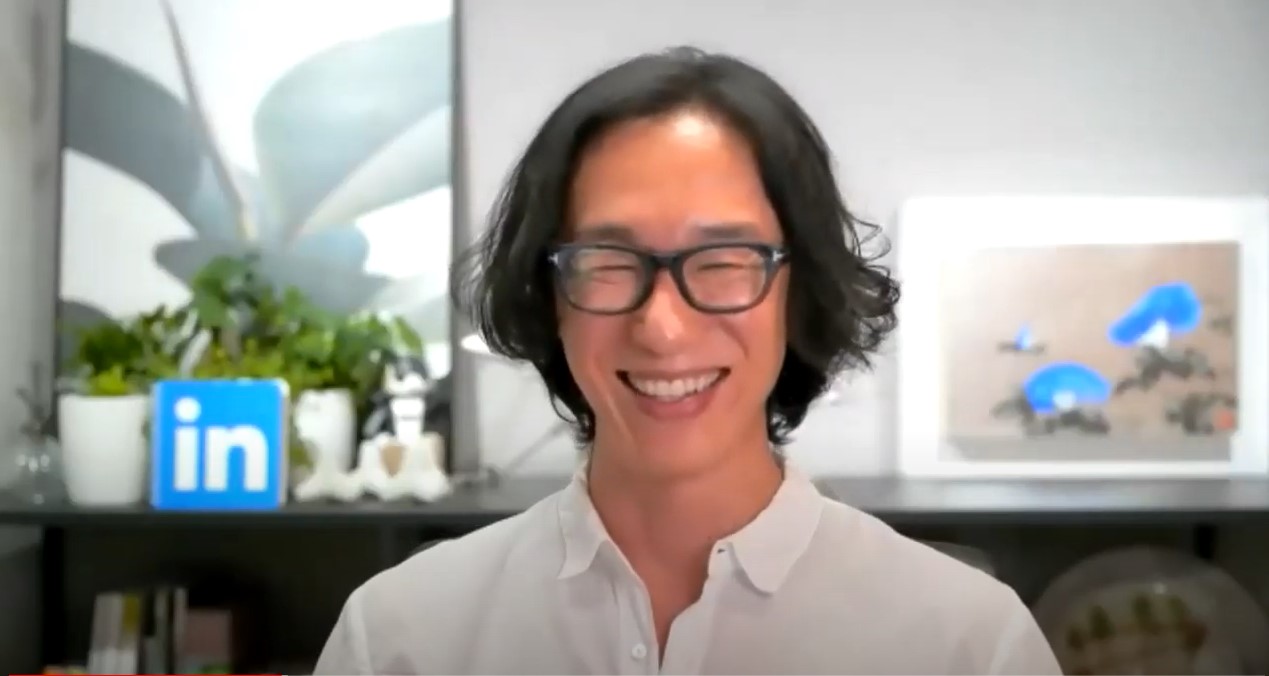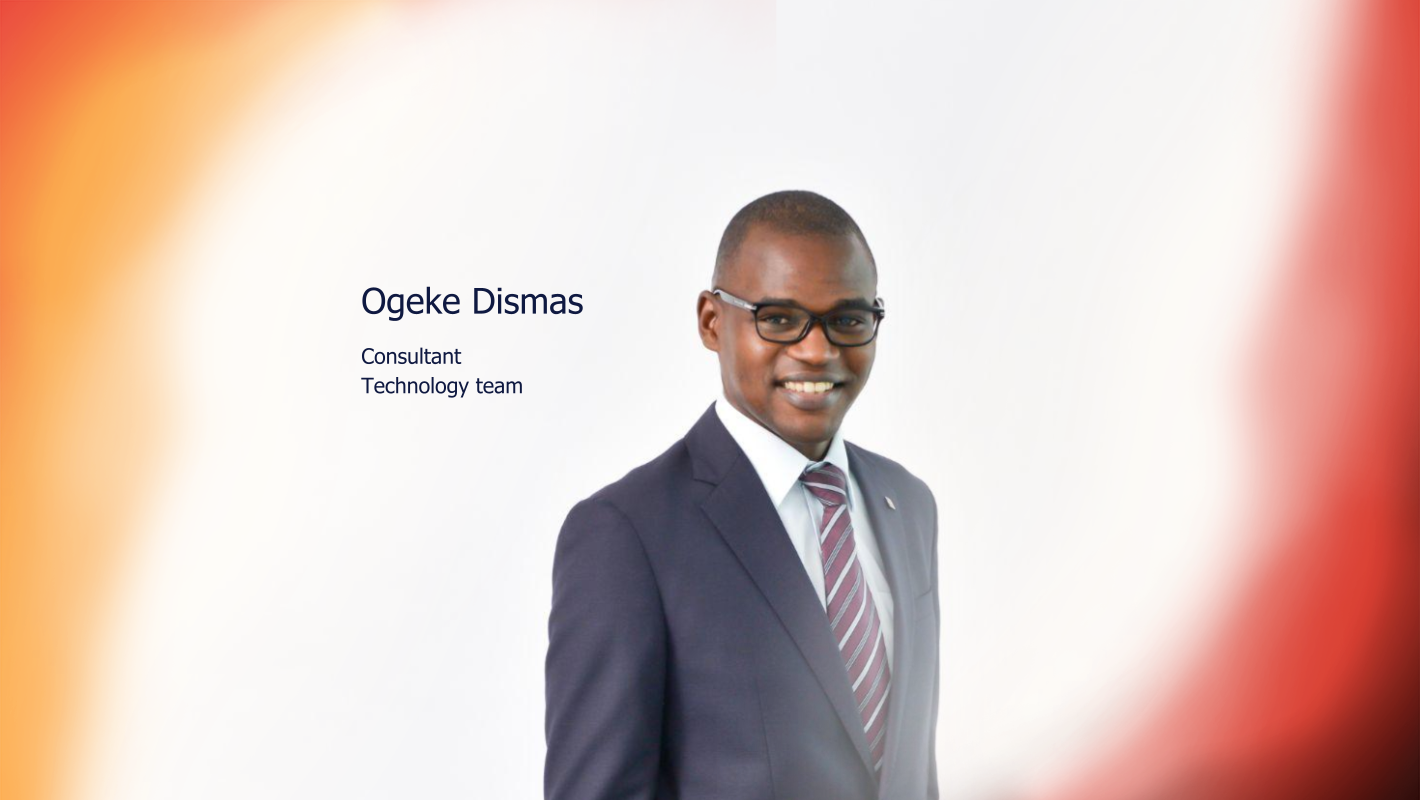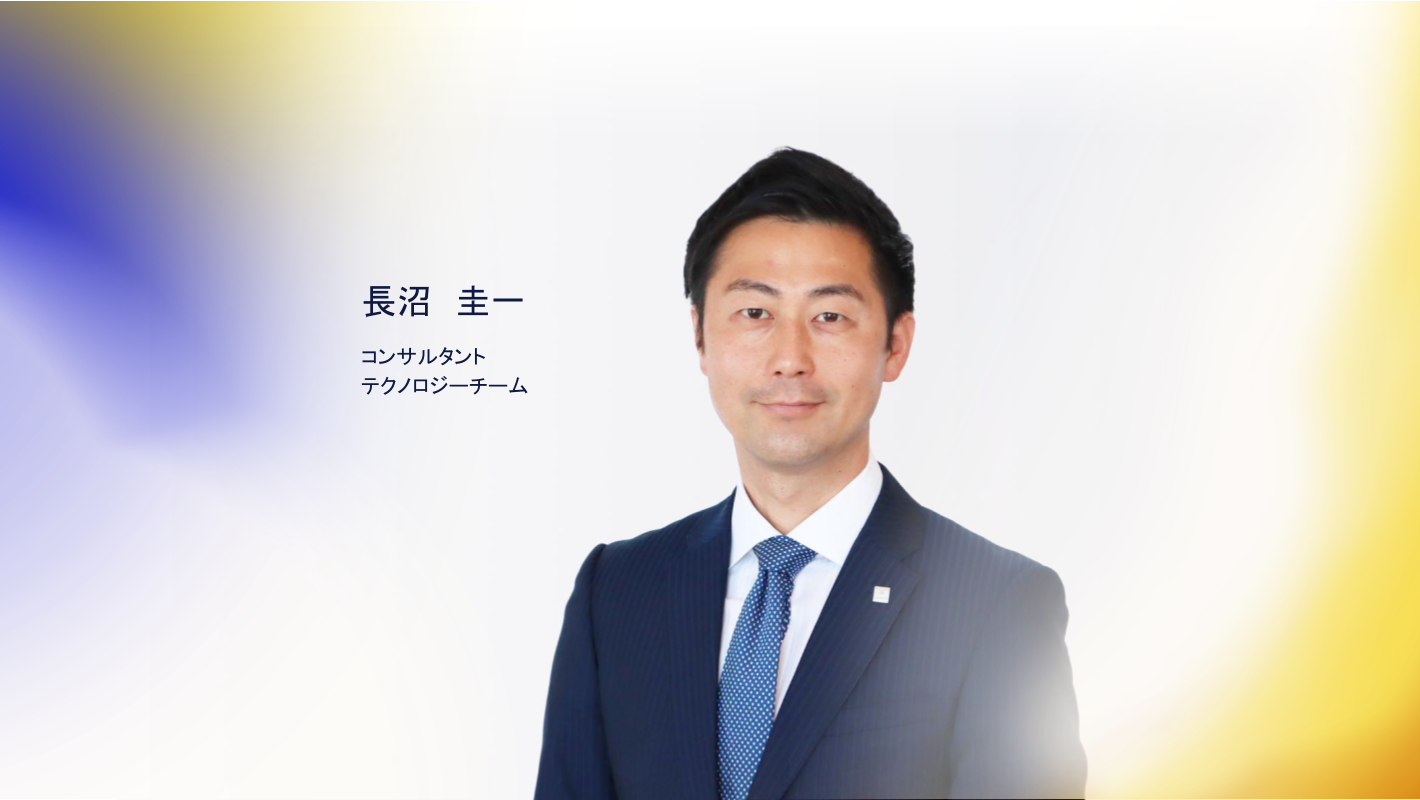【Report on the dialogue】 LinkedIn's Murakami on stage "Update Your Career Development in Your 30s!"
Randstad has launched the event "Randstad Career Night '' with the concept of "supporting the career development of active business people living in the present." In this memorable first installment of the series, "Update Your Career Development in Your 30s! How to become a sought-after talent in the post-Covid19." Cameron Brett of Randstad and Mr. Shin Murakami, President of LinkedIn Japan, held an online talk session. The event was a great success, with more than 350 people applying.
This is a part of the content of the talk session between the two. The content is very helpful for building your career and leadership skills, especially in your 30s, so please read on!
※This is a partially edited version of the content of the article, which was originally published in the June 17, 2021, Randstad x LinkedIn co-hosted webinar, "Update Your Career Development in Your 30s! How to become a sought-after talent in the post-Covid19"
Speakers
.png?width=175&name=Cam%20(1).png)
Randstad K.K.
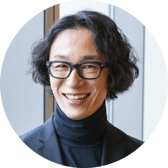
Talk Session
The major changes seen in the awareness of career development.
Murakami:
Now, we'd like to talk about the changes in career development, including the situation in Japan and overseas. Cameron, do you see any change in Japanese people's attitude toward changing jobs from your point of view?
Cameron:
I've been in this industry for 15-16 years, and it's changed a lot. In the past, they didn't change jobs unless there was something wrong with them, and when they did, it was because there was something wrong with them.
There are two recent changes in the way they think about changing jobs.
The first is that they are open-minded about changing jobs if there is an environment where they can do so, aiming for personal and skill growth.
The second point is a change in awareness that they don't have to put up with so much. It is said that working people work 90,000 hours from the time they graduate until they retire. If that's the case, people are changing their mindset to work with a happier mind and consider changing jobs if they can grow more.
Murakami:
I also lecture at a university and have the opportunity to talk with young people, but the attitudes of people in their 20s are completely different from my own age. In the first place, they have no intention of staying at the company they joined as a new graduate. I am often asked, "Which company would be a good first step?" In fact, the most recent trend is that half of all newly hired graduates change jobs within three years.
If they are in their 30s and working for a large company, I think many of them may be thinking, "Now that I no longer have lifetime employment, I need to think about my career."
Cameron:
It used to be that a lifetime of experience with one company was the ideal, but these days even HR recruiters are asking, "You've only worked for one company? Why?" HR is increasingly questioning their lifelong experience with one company and is more attracted to people who have changed jobs.
Murakami:
That's a big change, isn't it? There's a business term called "onboarding", which refers to a process where they have three months to get used to what's going on in the company, and then they can give it their 100%.
For example, in my case, I worked for Yahoo and Softbank for a total of about 17 years. After that, I moved to a foreign company, LinkedIn, which was a completely different culture from the one I was used to, and the language was different, so it was difficult at first. But I had changed jobs before, so I was proactive in my new environment and knew where to ask for help.
Cameron:
It makes a big difference if they know about it.
Of course, this does not mean that it is bad to keep working for one company for a long time. If they transfer to a different department after a few years, they can gain a variety of experiences and grow within the same company.
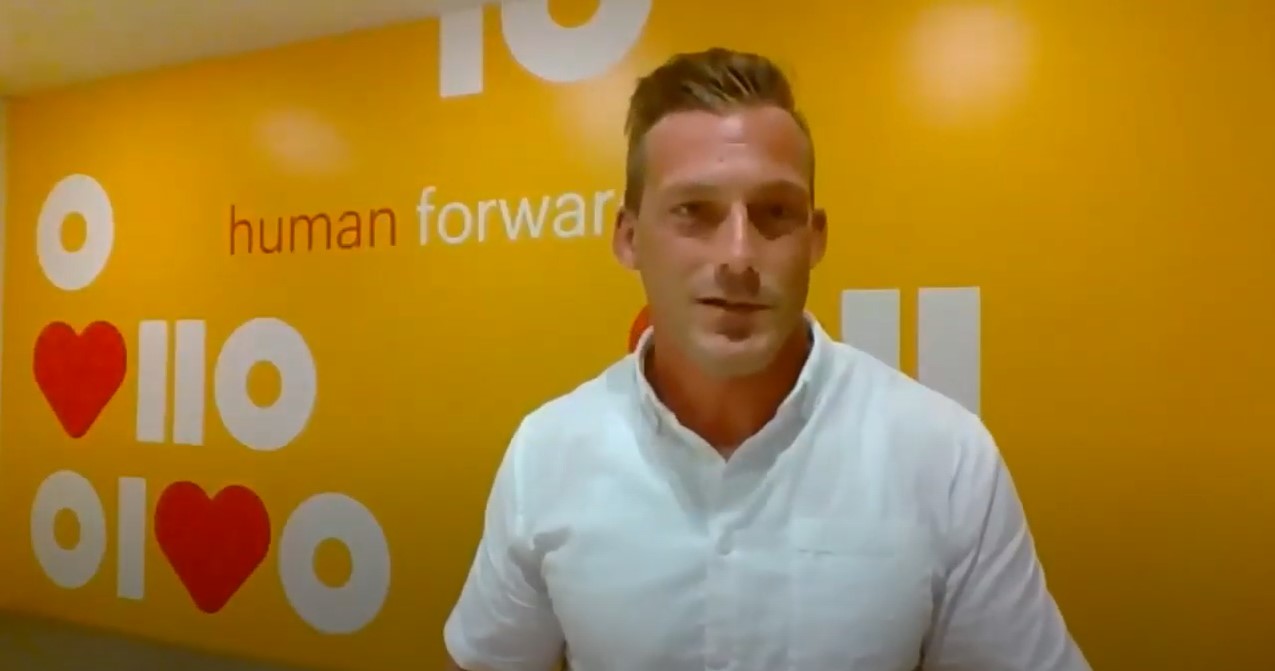
Globalization of human resources brought about by job type.
Murakami:
There are words like "メンバーシップ型 (membership-type employment)" and "ジョブ型 (specified employment)" in work styles. Recently, the work style in Japanese companies has been shifting to a job-type style. The membership type is to hire new graduates, let them get to know the company first, and then teach them how to work. On the other hand, the job type is a style of work that is specialized for that position.
What you just described, "transferring within the same company to experience a different department," seems to be a job-type style. What is the difference between the membership type and the job type?
Cameron:
I think the point is, "Who decides your career?" It's called career ownership.
In the case of Randstad, there are about 300 people working in the Professionals Division, which I am in charge of, and over the past year and a half, more than 10 people have changed jobs within the company. This is a specified employment. This is because they thought about it themselves, raised their hands, and said they wanted to try it, not because it was decided by HR or something.
Murakami:
I feel the same way. Ownership of our own career is important.
I think it is quite difficult for young people now to be transferred or have a role change due to direction of HR. There are more and more people in Japan who want to decide for themselves and define their own happiness.
Are global talents advancing in the Japanese market as well?
Cameron:
Yes. I think there will be more in the future.
I have lived in Japan for about 20 years, and when I first came to Japan, there were no foreigners working in convenience stores. In Tokyo, I think more than half of the people working in convenience stores are now foreigners. Job postings also used to say "for Japanese only". Later, the expressions "native Japanese speaker" and "native Japanese speaker" were changed, and now expressions like "advanced Japanese speaker" are increasing.
There is even an increasing number of jobs that no longer require Japanese if the skills are there. For example, AI engineers, who are suffering from a labor shortage, are skill-oriented and do not require Japanese language skills. It is said that there will be a shortage of about 120,000 people in this occupation by 2030.
With the globalization and diversification of human resources, I believe that in addition to IQ and EQ, which is the ability to understand the feelings of others, the ability to adapt to the environment will be necessary. This is called AQ, and adaptability is what we need in an environment where we work with a diverse group of people.
Murakami:
In the end, I think it is important to compromise. As we can see from the example of the convenience store, there is an apparent shortage of human resources in Japan in the future, so it is important to have an attitude of learning from each other.
Cameron:
In this respect, I think "empathy" will be important in the future.
To develop this ability to empathize, it is effective to try to do what you cannot do now. For example, start something from scratch, such as learning a musical instrument for the first time or taking up surfing. The reason is that challenging yourself to do something you can't do means getting out of your comfort zone, and that's why you can have a beginner's mindset. This will help you to understand those who are struggling in a new environment. In other words, it increases empathy.
The most important skill for future leaders is to increase empathy. I believe that empathy will be very important.

What skills do we need to acquire now for the post-Covid19?
Murakami:
When we think that vaccination against the Covid-19 will become widespread and that economic activity will be back in full swing around autumn, what kind of things should we pay attention to improve our skills?
Cameron:
Before I give you any advice, I want to tell you something. That is, "You only live once."
First, design an ideal life that makes you truly happy. It means analyzing your current situation and thinking about what you can do to eliminate the gap between you and your ideal. That is a skill that you need to acquire now.
Murakami:
It's easier to think about your "ideal life" when you find a comparison or role model. You may want to get in the habit of looking outside, such as using LinkedIn to find people with similar backgrounds. It is a way of learning through networking.
Cameron:
That's right.
All you need is a network. It's about learning from others and knowing your own ideals.
And you must create your own brand as well. Some people may think of LinkedIn as a job search site, but it's also a useful platform for self-branding and networking.
Murakami:
When it comes to self-promotion for a new job, if you don't send out messages to the outside world on a regular basis, you won't know what is responsive to the world. I often notice this from feedback.
I think that talented people who can self-brand themselves through their communications will find it easier and easier to change jobs because they are already connected to many people and as a result, they will naturally be approached to change jobs.
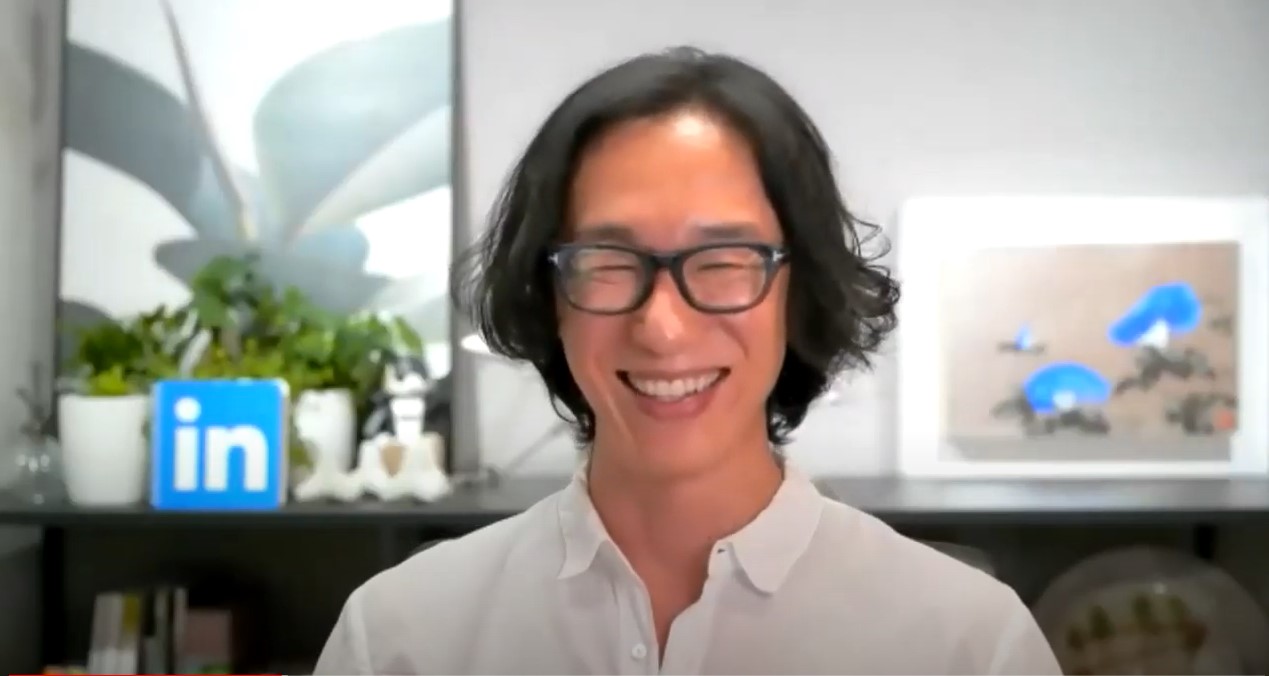
Recommendations for using a headhunter
Cameron:
Be sure to include a few good headhunters with deep knowledge in your network. If you meet and talk with them every six months or so, you will find out a lot of things.
Murakami:
By the way, in the services of such a career change agent, there are various terms such as headhunter and career consultant.
Cameron:
When people I meet for the first time ask me what I do for a living, I still say, "I'm a headhunter. The word 'headhunter' conjures up images of a professional who is knowledgeable in their field. For example, it is like the image of a career consultant teaching you how to write a resume.
However, this is just a definition of the word, and my title within the company is "consultant."
Regardless of the definition of the word, I think it's a good idea to talk to headhunters on a regular basis, regardless of whether you are in the middle of a job search or not. Because if a suitable case comes up for you, they will propose it to you.
Murakami:
In my case, I also contacted people who are called headhunters.
I was quite worried about changing jobs from Yahoo, so I first talked to the HR director and asked, "I want to do a global job, is there anything I can do?" I also got a lot of suggestions from them. However, my favorite job assignment was in Paris, and although I wanted to live in Paris, it was difficult for me to leave Tokyo for family reasons. Since the timing was not right, I decided to look outside the company. Then I realized that there were needs for me in the world that I hadn't thought of. One such offer was for an Information Officer (CIO) position at a large company. I am an ex-engineer and have experience running a business, so I gained a valuable insight into how it looks from the outside. But I thought this was a little bit not the position for me.
I think it's important to seek out voices and information from outside the company and ask for feedback yourself. Even if the offer looks interesting, if you feel that you lack skills, you can see what you need to learn and experience from it.
Cameron:
There's a difference between "what we want to do" and "what we can do." One way to do this is to know the gaps and plan.
One of the advantages of meeting with a career consultant or headhunter is that when you explain your background to them, they will ask you lots of questions, which will make you think deeply about yourself. This will give you a concrete idea of what you are lacking.
Murakami:
Reflect on yourself, know yourself, and use the eyes of the outside world. This is how you build a self-centered career!
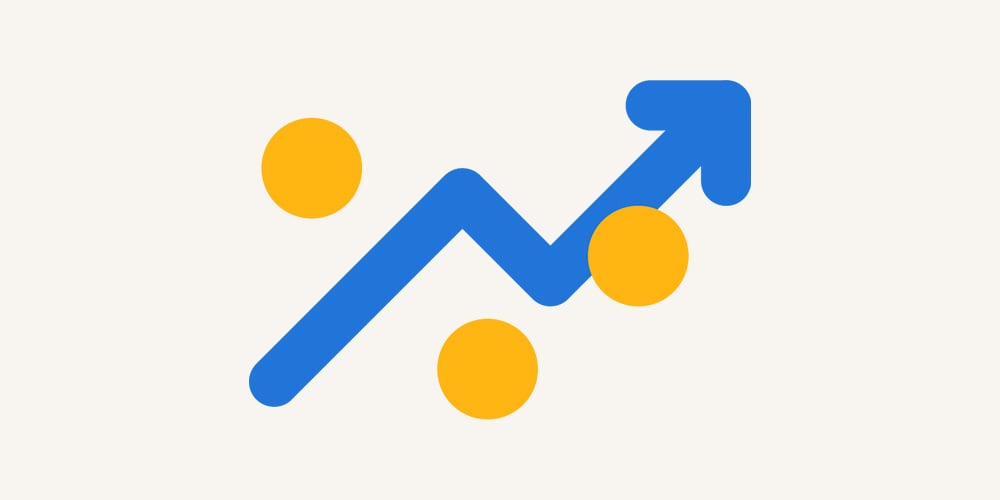
A message to people in their 30s who are thinking about changing jobs
Murakami:
Finally, do you have any advice for people in their 30s who are thinking about changing jobs? Empathy is an important ability, but what else do they need?
Cameron:
Definitely, they need to be digitally literate.
Regardless of industry or position, we need to develop the digital literacy of all organizations in the future. However, this does not mean that you should study engineering or programming. If you are in HR, you need to study HR tech. If you are in accounting and finance, you need to study fintech, etc.
I also believe that you should learn the skills that will be important for the type of job or position you are aiming for. For example, in my case, I am involved in management and need to think about investment decisions and how to run projects. So, I can take a project management course on Coursera, which is a great way to learn.
If you have eight hours to sleep and eight hours to work, think carefully about how to spend the rest of your time there. It is important to always aim for growth and make time to study.
Murakami:
The World Economic Forum and other organizations have issued reports on the skills that will be needed in the future, but it is said that the skills themselves will become obsolete in five years. Especially since digital moves so fast, the time we spend studying can be extended. You'll have to learn a little every day to keep up!
Cameron:
It is important to keep studying. In the end, I think this is the most important thing to become a sought-after talent in the post-Covid19.
